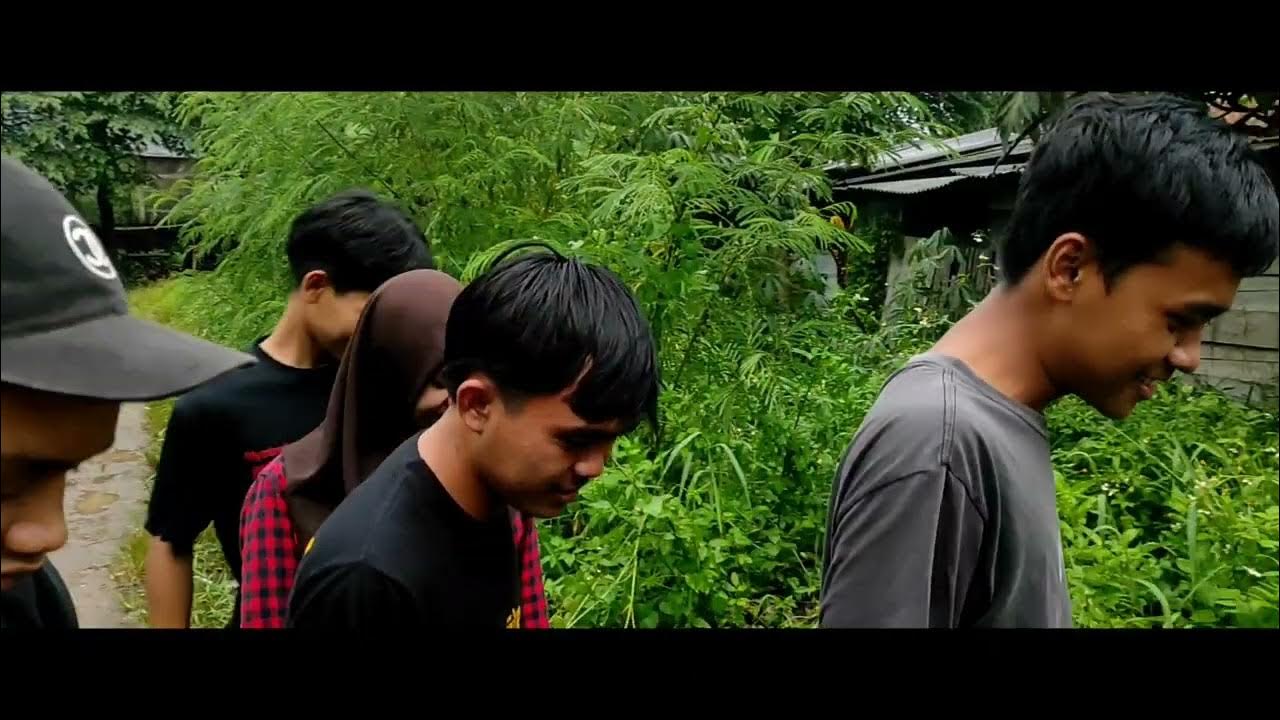B.C. 1st province to decriminalize small amounts of illicit drugs
Summary
TLDRBritish Columbia (BC) has decriminalized small amounts of drugs, aiming to reduce overdoses and lessen the stigma around drug use. Sarah McDonald, who has experienced homelessness, sees this as a positive step to prevent crime and risky behavior. While police support the move, there are concerns about increased public drug use. Some advocates argue that providing a safe drug supply would be more effective. The government plans to monitor the pilot program and release data quarterly. However, access to treatment remains a challenge as BC continues to face a toxic drug crisis claiming lives daily.
Takeaways
- 😀 Many people were unaware of the new policy's implementation date.
- 🙂 Sarah McDonald, homeless for three years, sees the policy change as a positive start.
- 😟 The decriminalization of small amounts of drugs is aimed at reducing crime and desperation among users.
- 😔 British Columbia's request for decriminalization was granted in hopes of reducing overdoses, which kill more than six people per day in the province.
- 🤔 The new policy seeks to reduce stigma, fear, and shame associated with drug use, encouraging people to access support and treatment.
- 😬 The federal government set a 2.5-gram limit on drugs like cocaine, meth, MDMA, and opioids, lower than BC's request for 4.5 grams.
- 👮 Police officers have been trained on the new rules, though they haven’t been arresting people for small drug amounts since 2020, but they still seized drugs.
- 🤷 Police chiefs support the move but express concerns about potential increases in public drug consumption.
- 🚨 Some advocate for prescribing a safer supply of drugs as a way to prevent overdose deaths, viewing the policy as only a 'half measure.'
- 📊 The government has yet to decide on indicators for measuring the effectiveness of the new approach but will release data quarterly during the three-year pilot program.
Q & A
What significant policy change is being discussed in the transcript?
-The decriminalization of small amounts of drugs in British Columbia, as part of a new approach to reduce overdoses and drug-related harms.
How long has Sarah McDonald been living on the streets, and what is her reaction to the policy change?
-Sarah McDonald has been living on the streets for three years. She views the policy change as a positive start, believing it will help prevent crime by reducing the need for desperate actions to obtain drugs.
What is the intended goal of decriminalizing small amounts of drugs according to Ottawa and BC officials?
-The goal is to reduce overdoses, lower the stigma associated with drug use, and encourage more people to seek help and treatment.
What is the daily average number of overdose-related deaths in British Columbia?
-On average, more than six people die every day in British Columbia from overdoses.
What substances and limits are included in the decriminalization policy?
-The decriminalization policy includes small amounts (up to 2.5 grams) of cocaine, meth, MDMA, and opioids.
How have police officers been affected by this new policy?
-Police officers have been trained on the new rules, but even before the policy change, they had generally stopped arresting people for small amounts of drugs since 2020, though they continued seizing them.
What concerns do police chiefs have about this new policy?
-Police chiefs are concerned that the policy may lead to an increase in public consumption of drugs.
What criticism does the policy face from advocates of more comprehensive intervention?
-Some advocates believe that the policy is only a half measure and that more urgent and comprehensive action is needed to address the toxic drug supply, which is the primary cause of overdose deaths.
What issue does Sarah McDonald highlight about the availability of treatment options?
-Sarah McDonald points out that there is a lack of sufficient treatment options, citing an example of someone who missed their treatment appointment after waiting months and had to restart the process.
How does the government plan to measure the effectiveness of the decriminalization policy?
-The government has not yet decided on the specific indicators but has promised to release data quarterly throughout the three-year pilot program. This data will inform future decisions, including potential decriminalization in other regions like Toronto.
Outlines

Этот раздел доступен только подписчикам платных тарифов. Пожалуйста, перейдите на платный тариф для доступа.
Перейти на платный тарифMindmap

Этот раздел доступен только подписчикам платных тарифов. Пожалуйста, перейдите на платный тариф для доступа.
Перейти на платный тарифKeywords

Этот раздел доступен только подписчикам платных тарифов. Пожалуйста, перейдите на платный тариф для доступа.
Перейти на платный тарифHighlights

Этот раздел доступен только подписчикам платных тарифов. Пожалуйста, перейдите на платный тариф для доступа.
Перейти на платный тарифTranscripts

Этот раздел доступен только подписчикам платных тарифов. Пожалуйста, перейдите на платный тариф для доступа.
Перейти на платный тарифПосмотреть больше похожих видео

Why B.C. is making drugs illegal in public again | About That

Dose of Action: Prescription Drugs, Help or Harm? | April Rovero | TEDxDoughertyValleyHS

How Does a Safe Injection Site, or Overdose Prevention Center, Work?

Pharmacokinetics | Drug Excretion

Narkoba Di Kalangan Pelajar (DRUGS IN SCHOOL) Bulan Bahasa. Film Pendek

Everything feels broken
5.0 / 5 (0 votes)
